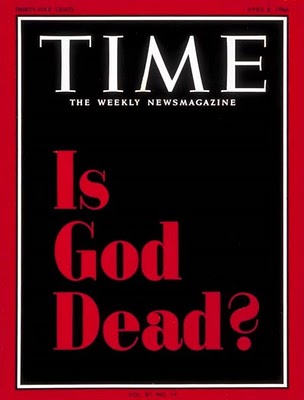“Why Not Suicide?”
The Oxford Advanced Dictionary evaluates sin at essentially four levels – God, Moral Laws, Religious laws and People. Sin, as defined would include the gamut of actions and intents that contravene any of the dictates of God, moral laws, religious laws and that of the general public.
Within this context, it is a sin to waste water, not to pay your taxes and to covet your neighbor’s wife; and our neighbor’s wife is that married or unmarried woman within our circle of influence that would not be or is not married to us. It is also a sin to kill yourself, because your life is God-given.
Philosophers say meaning is the worth of life; they are right and sooner or later, you would have to grapple with this question. The ultimate philosophical question is the one above – “why not suicide?” Your answer is the meaning you know.
Meaninglessness on the other hand is that state of affairs, usually arrived at via pleasure or displeasure where the central point of reference is hard to find. Normally, we look for this central point of reference in either God, moral laws, religious laws and in people. Meaninglessness is different from hopelessness but they usually make fair companies. The individual plagued with meaninglessness has had the rug pulled from under their feet; the young man who shuns the limitations of religion and moral could later find that the life of freedom and fun vigorously pursued holds no substance; and hence, no meaning.
The religious person could seek and seek for God; only to find little or no substance – just mere laws promulgated by individuals whose characters are not entirely beyond suspicion. In every case, the life of meaninglessness was arrived at after pursuit; we want this life to have meaning and we look for it and hope we don’t get disappointed.
Meaninglessness, therefore, could be found in the life of the biggest sinner who had shunned God and man; yet, it can exist also in the pious individual who had sought and failed to find something concrete.
Meaning therefore must include a coherent interaction with a logic other than us; in other words, if you’re pursuing something – God, Morals, Religion or the approval of men, you would want those things to respond in a certain coherent way. The praying woman wants to be answered, the hedonist seeks satisfaction and the religious individual wants to have the righteous satisfaction – an approving nod from God and not just from his religious leaders. In religion primarily, we sometimes seek this feedback from people, especially when we cannot get it from God.
In fact, in many worldviews, it is actually a people-centric self-referencing reality; in other words, the meaning found in adherence is in the self-righteous approvals self-given or from those of similar persuasions, the adherents just hope that their leaders are right without necessarily having a personal conviction that they are.
This is seen also in human laws; we, rather, our leaders make these laws, punish offending parties and change them when they are so convinced. If you are not a religious person, you would find human laws, pursuits and success, the central referencing point for your meaning and would despair if these foundations ever quake and give in, as they are prone to.
This explains the militancy of certain worldviews and of the governments of the world – we do not want the foundations to quake. So, we rather kill dissenting parties and when we cannot, we kill ourselves or both.
A Self-referencing Truth
A self-referencing truth is one whose central point of reference is itself. Now, this is not going to be possible if truths are postures held by us humans, because then, we are its center of reference. Hence, the agreement that certain morals are objective and transcendent; meaning God-given.
Now, a God-given truth would be self-evident if God Himself is the agency of the feedback; in other words, if I do good, God conveys to me His approval. This way, without the often-needed group support, I can be obedient to God even if the whole world isn’t and be disobedient even if the whole world thinks I am not.
Individuals who can live this way therefore are in relationship with God because He daily affirms or disapproves of them; for them, this relationship is the source of meaning.
The Ultimate Cure for Meaninglessness
The ultimate cure for meaninglessness is akin to the cure for loneliness; a relationship. This time, a God-referenced relationship; one communicated directly. God, however, is Spirit, hence, we speak of a spiritual relationship with Him.
This relationship is deemed impossible and in many worldview, heretical. However, without it, all we have is a human referenced center for our meaning and the accompanying militancy in the face of dissent.
I, however, believe and know that such relationship exists and can be confirmed by everyone who so desires. The call for faith in Jesus Christ is not a herd movement, one can in one’s bedroom seek and find such God-referenced meaning with all the accompanying joy and righteousness communicated directly by God Himself.
Calling out to Jesus Christ
Jesus Christ didn’t claim to be a prophet, He claimed to be that self-referencing truth with whom we can relate. No, not just a human, He is God in earth-suit; He came so that we can one day come in God-suit, hence, resolving the impossibility question. The only reason why we can call out to Him and be certain of a response is because He has called out to us.
Cheers.

















